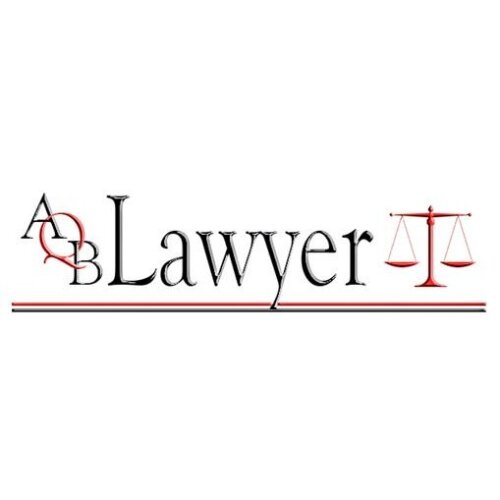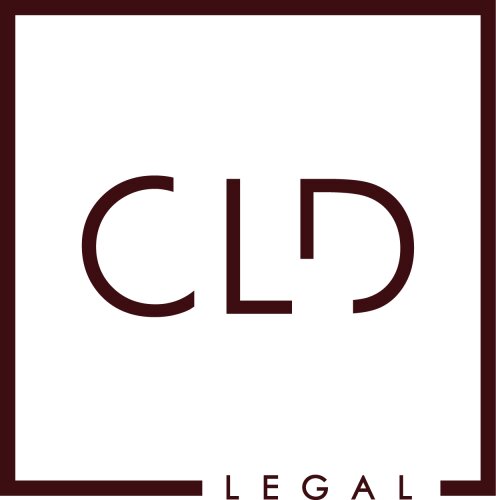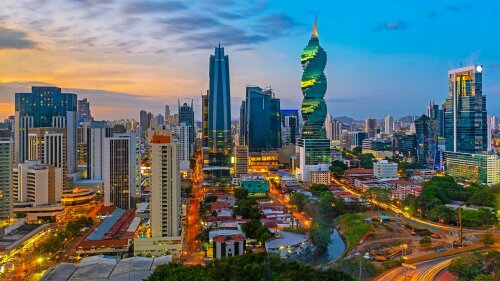Best Lawsuits & Disputes Lawyers in Panama City
Share your needs with us, get contacted by law firms.
Free. Takes 2 min.
List of the best lawyers in Panama City, Panama
About Lawsuits & Disputes Law in Panama City, Panama
Panama City, Panama, is an influential epicenter for commerce and finance in Latin America, and as such, is a hub for various legal disputes and lawsuits. These can range from commercial disputes related to contracts, to personal injury claims, real estate conflicts, family law issues, and more. The legal system in Panama is based on civil law, influenced by Spanish legal traditions. Judiciary processes are conducted in Spanish, though translation services are available for those who need them. Lawsuits and disputes are managed through a formal court system which is composed of trial courts, appellate courts, and specialized courts for family and maritime issues. For multinational companies, Panama also offers arbitration as an alternative dispute resolution mechanism.
Why You May Need a Lawyer
There are several scenarios in which you may require legal assistance in lawsuits and disputes. Common situations include:
- Disagreements over contract terms in business ventures or employment.
- Land or property disputes, which are prevalent due to the dynamic real estate market in Panama City.
- Personal injury or liability claims.
- Issues related to family law, such as divorce or child custody.
- Navigating commercial litigation as a result of international business agreements.
- Seeking enforcement or protection of intellectual property rights.
In such situations, a lawyer familiar with Panama's legal framework can provide advice, represent you in court, help negotiate settlements, or guide you through arbitration processes.
Local Laws Overview
The legal system in Panama City is complex, governed by various codes and statutes. Some key aspects include:
- Civil Law System: Panama's legal framework is based on written laws, with the Civil Code serving as a core legal structure.
- Contract Law: Contracts in Panama must comply with the Civil Code, ensuring they are executed and enforced according to established legal standards.
- Property Law: Real estate transactions and dispute resolutions are governed by the Civil Code and specific property laws, which can be intricate due to title and ownership regulations.
- Resolution of Disputes: Besides judicial courts, Panama endorses arbitration as a viable resolution method, ideal for commercial disputes.
- Maritime Law: Given Panama's significant maritime industry, maritime disputes are resolved under specialized maritime courts.
Frequently Asked Questions
What types of legal cases are common in Panama City?
Common cases include contract disputes, real estate conflicts, employment disagreements, family law issues, personal injury claims, and business-related litigations.
Is it necessary to hire a lawyer for a dispute?
While it's not legally required, hiring a lawyer can significantly improve your understanding and navigation of the legal process, increasing the likelihood of a favorable outcome.
How does the court system work in Panama City?
The judicial system includes trial courts, appellate courts, and specialized courts such as family and maritime courts. Cases are typically initiated in relevant trial courts.
Can foreigners file a lawsuit in Panama?
Yes, foreigners can file lawsuits in Panama, although they may require representation by a local attorney and certified translations of documents.
What is the role of arbitration in Panama?
Arbitration is a common alternative to court proceedings, especially in commercial disputes, providing a quicker and potentially more confidential resolution process.
Are there any language barriers in the legal process?
The official language in legal proceedings is Spanish, but translation services are available to assist non-Spanish speakers.
What is the average duration of a lawsuit?
The length of lawsuits can vary significantly based on complexity, court backlog, and whether appealed. Simple cases may be resolved in a few months, while more complex cases could take years.
What should I consider before pursuing litigation?
Before litigation, consider the strength of your case, potential costs, duration, and impact on personal or business relationships. Alternative dispute resolution methods may also be explored.
What happens if I lose a court case?
If you lose, you may have to pay the court costs, damages, and potentially the other party’s legal fees. You generally have the right to appeal to a higher court.
How are settlements handled in Panama?
Settlements can be negotiated at any stage of a dispute. If agreed upon, a settlement is legally binding and usually provides a quicker resolution than a trial.
Additional Resources
For more information, consider consulting the following:
- Ministry of Justice in Panama for regulatory guidance and resources.
- Panama Bar Association for attorney referrals.
- Alternative Dispute Resolution Centers for arbitration services.
- Local law libraries and university legal faculties for educational resources.
Next Steps
If you are facing a legal dispute in Panama City, consider the following steps:
- Consult with a qualified lawyer experienced in Panamanian laws.
- Gather all relevant documentation and evidence related to your dispute.
- Consider the possibility of arbitration or mediation as alternatives to litigation.
- Prepare financially and mentally for the legal process, setting realistic expectations on outcomes and duration.
- Stay informed about your case by communicating regularly with your legal counsel.
Lawzana helps you find the best lawyers and law firms in Panama City through a curated and pre-screened list of qualified legal professionals. Our platform offers rankings and detailed profiles of attorneys and law firms, allowing you to compare based on practice areas, including Lawsuits & Disputes, experience, and client feedback.
Each profile includes a description of the firm's areas of practice, client reviews, team members and partners, year of establishment, spoken languages, office locations, contact information, social media presence, and any published articles or resources. Most firms on our platform speak English and are experienced in both local and international legal matters.
Get a quote from top-rated law firms in Panama City, Panama — quickly, securely, and without unnecessary hassle.
Disclaimer:
The information provided on this page is for general informational purposes only and does not constitute legal advice. While we strive to ensure the accuracy and relevance of the content, legal information may change over time, and interpretations of the law can vary. You should always consult with a qualified legal professional for advice specific to your situation.
We disclaim all liability for actions taken or not taken based on the content of this page. If you believe any information is incorrect or outdated, please contact us, and we will review and update it where appropriate.
Browse lawsuits & disputes law firms by service in Panama City, Panama
Panama City, Panama Attorneys in related practice areas.

















